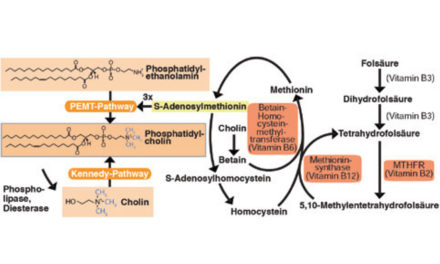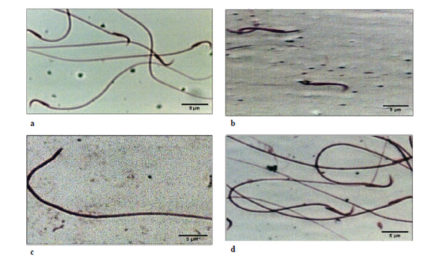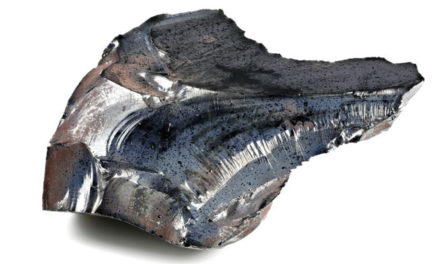In Vitro Synergistic Inhibition of HT-29 Proliferation and 2H-11 and HUVEC Tubulogenesis by Bacopaside I and II Is Associated with Ca2+ Flux and Loss of Plasma Membrane Integrity
Yoko Tomita 1,2,3,* , Eric Smith 1,2 , Helen M. Palethorpe 1,2 , Maryam Nakhjavani 1,2 , Kenny K. L. Yeo 1,2, Amanda R. Townsend 1,2,3, Timothy J. Price 1,2,3, Andrea J. Yool 2 and Jennifer E. Hardingham 1,
Abstract: We previously showed how triterpene saponin bacopaside (bac) II, purified from the medicinal herb Bacopa monnieri, induced cell death in colorectal cancer cell lines and reduced endothelial cell migration and tube formation, and further demonstrated a synergistic effect of a combination of bac I and bac II on the inhibition of breast cancer cell line growth. Here, we assessed the effects of bac I and II on the colorectal cancer HT-29 cell line, and mouse (2H-11) and human umbilical vein endothelial cell (HUVEC) lines, measuring outcomes including cell viability, proliferation, migration, tube formation, apoptosis, cytosolic Ca2+ levels and plasma membrane integrity. Combined bac I and II, each applied at concentrations below IC50 values, caused a synergistic reduction of the viability and proliferation of HT-29 and endothelial cells, and impaired the migration of HT-29 and tube formation of endothelial cells. A significant enhancement of apoptosis was induced only in HUVEC, although an increase in cytosolic Ca2+ was detected in all three cell lines. Plasma membrane integrity was compromised in 2H-11 and HUVEC, as determined by an increase in propidium iodide staining, which was preceded by Ca2+ flux. These in vitro findings support further research into the mechanisms of action of the combined compounds for potential clinical use.
Keywords: bacopaside I; bacopaside II; colorectal cancer cells; endothelial cells; proliferation; migration; tube formation; apoptosis; Ca2+ flux; plasma membrane









